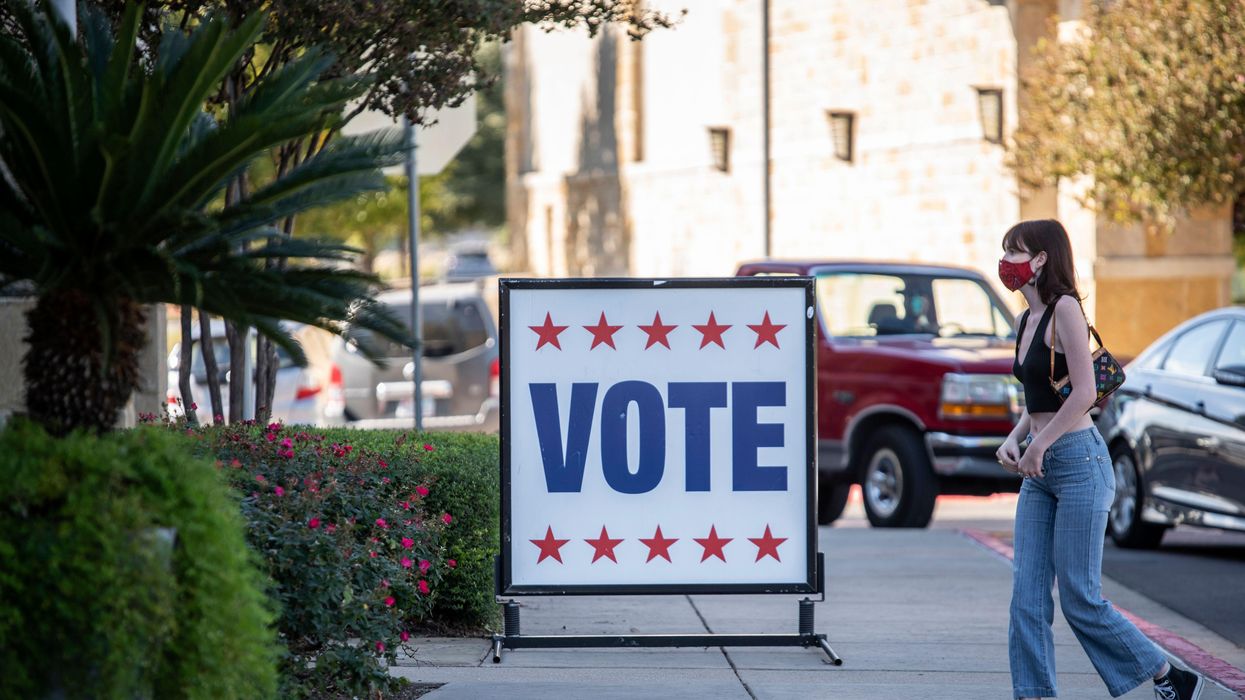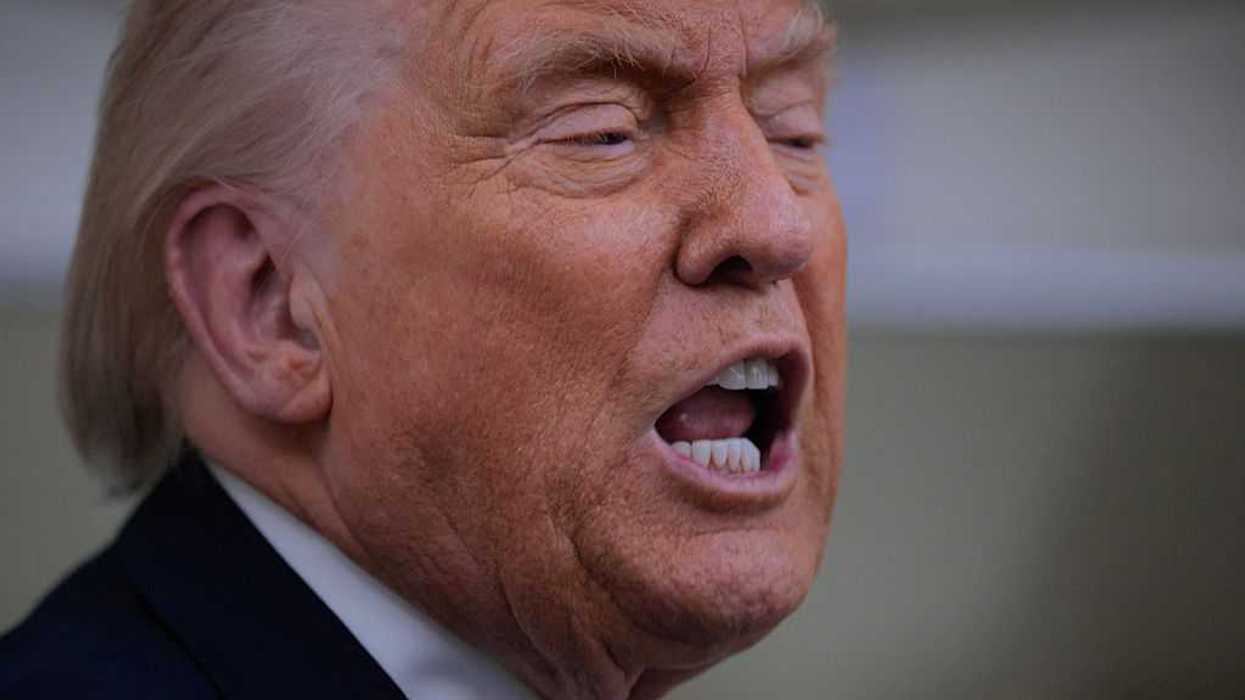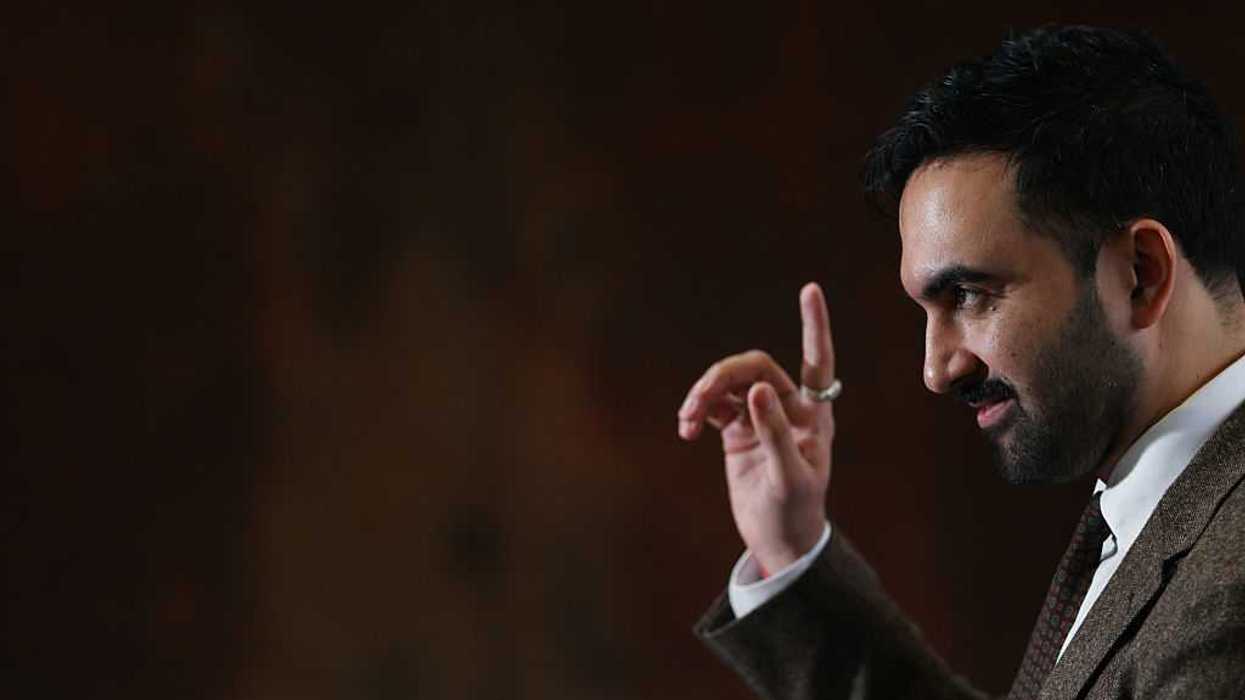Proposed election law changes in Texas, Michigan, Wisconsin and elsewhere have again brought to the forefront debates about how best to balance election integrity and voter access. While governments are obliged to guarantee both, the current trend limiting access signals that state legislatures are prioritizing the former at the expense of the latter.
The current round of restrictive legislation has been fueled by unsubstantiated claims of massive election fraud in the 2020 election. However, the laws now being debated in state capitals around the country reflect a mindset that has been promoted by conservative advocacy groups for decades. The Heritage Foundation has been at the forefront of this effort, and its February 2021 report provided the intellectual ballast for the current efforts to restrict voter access.
The report contends that "errors and omissions by election officials and careless, shoddy election practices and procedures" have caused problems for voters and that reform is necessary "to ensure voters will have faith in our elections."
In reality, a closer look at the Heritage Foundation's database indicates that illegal voting of the kind the proposed and enacted bills purport to prevent is actually a rare occurrence in the United States, where state election officials have multiple safeguards to protect against wholesale fraud. Moreover, the states have effective measures in place to catch and punish election fraud and other offenses, as demonstrated by the few cases emerging from the 2020 election cycle and by the aggressive response of prosecuting officials.
While many of the general principles presented in the Heritage Foundation report are unobjectionable on their face, its proposed legislative solutions are likely to discourage many eligible voters from participating in the next round of elections.
Seemingly neutral policies — setting voter registration deadlines well in advance of Election Day, limiting absentee voting to individuals with a prescribed excuse, limiting the number of days for early in-person voting, and limiting the number and prescribing the placement of drop boxes for mail voting—will inevitably decrease voter turnout without substantially reducing opportunities to commit voter fraud.
In the post-Reconstruction era, for example, black voters were stricken from the registration rolls by all sorts of legal and political stratagems. Undoubtedly, advocates in the 19th century presented the legislative underpinnings of their disenfranchisement efforts as the application of neutral principles, as the Heritage Foundation does today.
Election reform legislation should be based on well-established international election standards. As elaborated in a just-published report by The Carter Center, these standards, first and foremost, establish the fundamental right of all eligible citizens to participate in the selection of their representatives. A corollary to this right is the obligation of states to take proactive measures to ensure the full and effective enjoyment of the right to vote by making the casting of a ballot as simple as possible. Thus, for example, all states must provide access to voting for individuals with reduced mobility or other disabilities.
International standards also recognize that states have the obligation to ensure that the integrity of the process is not compromised by fraud or by malfeasance and that committing fraud is both difficult and easily detectable. The relevant question is whether proposed legislative measures represent the least restrictive approach possible to secure the integrity of elections. Measures that increase burdens on voters, reduce voter access, or curtail practices that citizens have relied upon for voting in previous elections should be deemed both politically unacceptable and violative of democratic norms, unless they are absolutely essential.
Voter confidence in many states has been undermined by widespread unsubstantiated claims of fraud and irregularities. In this context, the most important step to increase voter confidence is for all candidates to abide by and publicly defend transparent election results and judicial decisions on election challenges. Candidates should be encouraged to sign onto codes of conduct explicitly including this commitment.
The proposed restrictive election legislation in Texas, Georgia and elsewhere will undoubtedly be challenged in courts across the country. The outcome of these cases is not guaranteed. In the months preceding the next round of elections, voting rights groups must prepare a massive voter education campaign to ensure that all eligible voters understand the changes that have been made and how to comply with whatever new requirements are in place in their respective jurisdictions.
The future of American democracy is at stake.



















